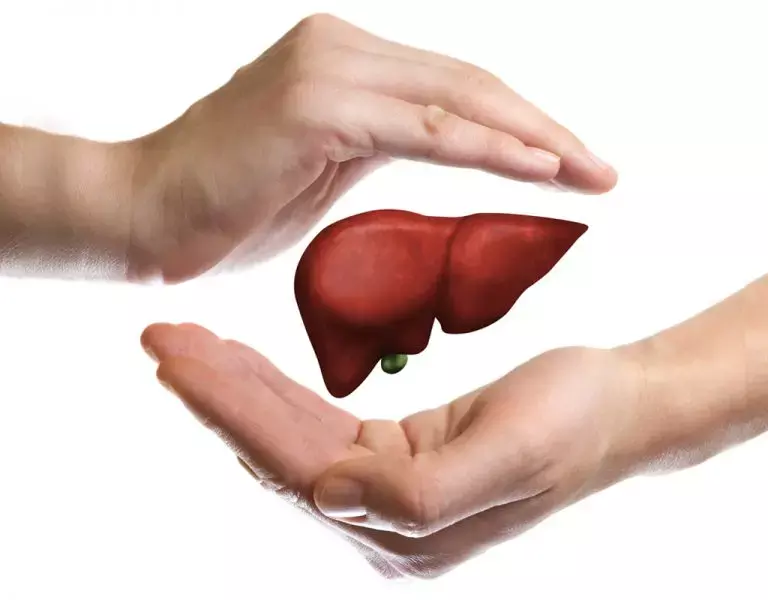- Home
- Medical news & Guidelines
- Anesthesiology
- Cardiology and CTVS
- Critical Care
- Dentistry
- Dermatology
- Diabetes and Endocrinology
- ENT
- Gastroenterology
- Medicine
- Nephrology
- Neurology
- Obstretics-Gynaecology
- Oncology
- Ophthalmology
- Orthopaedics
- Pediatrics-Neonatology
- Psychiatry
- Pulmonology
- Radiology
- Surgery
- Urology
- Laboratory Medicine
- Diet
- Nursing
- Paramedical
- Physiotherapy
- Health news
- Fact Check
- Bone Health Fact Check
- Brain Health Fact Check
- Cancer Related Fact Check
- Child Care Fact Check
- Dental and oral health fact check
- Diabetes and metabolic health fact check
- Diet and Nutrition Fact Check
- Eye and ENT Care Fact Check
- Fitness fact check
- Gut health fact check
- Heart health fact check
- Kidney health fact check
- Medical education fact check
- Men's health fact check
- Respiratory fact check
- Skin and hair care fact check
- Vaccine and Immunization fact check
- Women's health fact check
- AYUSH
- State News
- Andaman and Nicobar Islands
- Andhra Pradesh
- Arunachal Pradesh
- Assam
- Bihar
- Chandigarh
- Chattisgarh
- Dadra and Nagar Haveli
- Daman and Diu
- Delhi
- Goa
- Gujarat
- Haryana
- Himachal Pradesh
- Jammu & Kashmir
- Jharkhand
- Karnataka
- Kerala
- Ladakh
- Lakshadweep
- Madhya Pradesh
- Maharashtra
- Manipur
- Meghalaya
- Mizoram
- Nagaland
- Odisha
- Puducherry
- Punjab
- Rajasthan
- Sikkim
- Tamil Nadu
- Telangana
- Tripura
- Uttar Pradesh
- Uttrakhand
- West Bengal
- Medical Education
- Industry
Transjugular intrahepatic portosystemic shunt may increase risk of acute on chronic liver failure in ascites patients

GERMANY: According to research reported in the World Journal of Gastroenterology, Transjugular intrahepatic portosystemic shunt (TIPS) placement for recurrent tense ascites is not related with higher in-hospital mortality but is correlated with a greater rate of acute on chronic liver failure (ACLF) in individuals with significantly compromised liver function.
Early trials revealed no survival benefit following TIPS implantation compared to recurrent paracentesis and albumin substitution, despite the fact that TIPS treatment is beneficial against ascites. Recent trials have produced more encouraging findings, such as increased survival, improved kidney function, and improved quality of life. Hence, TIPS placement is advised as the preferred course of action.
"The majority of randomized controlled trials have been carried out in patients with good liver function because TIPS placement for ascites is frequently restricted to patients with good liver function owing to risk of liver failure. The frequency of ACLF after TIPS installation and whether it is brought on by the TIPS procedure or more likely by how severe the existing liver disease is, are still unknown "a team from the Rostock University Medical Center under the direction of Dr. Georg Lamprecht, MD, Department of Medicine, noted.
This study was carried out to better comprehend the consequences of TIPS in this demanding context and to compare them with those of conservative therapy.
Between 2007 and 2017, the tertiary-care facility identified 214 individuals who underwent their initial TIPS placement for recurrent tense ascites (TIPS group). As a control group, 398 patients with liver cirrhosis and recurrent tense ascites from the same time period who did not receive TIPS placement (the No TIPS group) were examined. A database search and patient records were used to discover the TIPS indication, the diagnosis of recurrent ascites, other diagnoses, and clinical observations. With the aid of multivariate logistic regressions and 1:1 propensity score matching, the in-hospital mortality and incidence of ACLF for the two groups were compared.
Conclusive points of the study:
- Following propensity score matching, laboratory results and the incidence of ACLF at hospital admission were consistent across the TIPS and No TIPS groups.
- Mortality did not differ significantly (TIPS: 11/214, No TIPS: 13/214).
- ACLF was more prevalent in the TIPS group during the hospital stay than in the No TIPS group (TIPS: 70/214, No TIPS: 57/214, P = 0.04).
- As shown by a significant interaction term of Child score and TIPS placement in multivariate logistic regression, this effect was limited to individuals with substantially compromised liver function at hospital admission.
- The ACLF incidence in the TIPS group was higher at Child scores of ≥ 11 points and decreased at Child scores of < 8 points.
- Patients with Child scores between 8 and 10 did not significantly differ across groups.
For recurrent tense ascites, TIPS is the most effective treatment.
Consequently, "after meticulously comparing the increased risk of ACLF against the expected benefits, we conclude that TIPS is a realistic alternative not just for patients with adequate liver function, but also for patients with high Child scores," the authors reported.
REFERENCE
Philipp M, Blattmann T, Bienert J, Fischer K, Hausberg L, Kröger JC, Heller T, Weber MA, Lamprecht G. Transjugular intrahepatic portosystemic shunt vs conservative treatment for recurrent ascites: A propensity score matched comparison. World J Gastroenterol 2022; 28(41): 5944-5956 [DOI: 10.3748/wjg.v28.i41.5944]
Dr Kamal Kant Kohli-MBBS, DTCD- a chest specialist with more than 30 years of practice and a flair for writing clinical articles, Dr Kamal Kant Kohli joined Medical Dialogues as a Chief Editor of Medical News. Besides writing articles, as an editor, he proofreads and verifies all the medical content published on Medical Dialogues including those coming from journals, studies,medical conferences,guidelines etc. Email: drkohli@medicaldialogues.in. Contact no. 011-43720751


